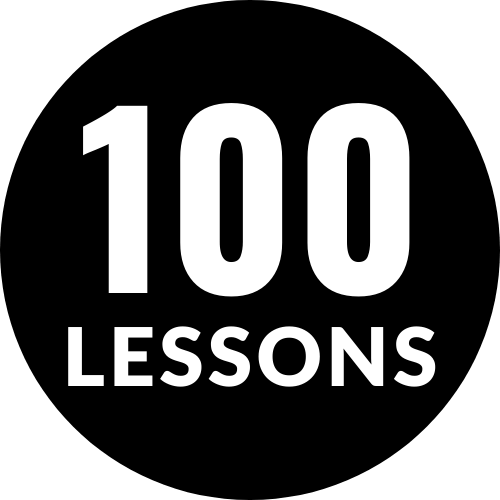Some wounds aren’t visible, but they change everything.
Sometimes, the biggest blows to our mental health don’t arrive with dramatic fanfare. They don’t come with sirens or shattering glass. They slip in while you’re doing the dishes. They arrive in a text message that reads “Can we talk?” They show up in a doctor’s office, in a quiet whisper of words you didn’t expect. Sometimes, they just look like another morning where getting out of bed feels like a mistake.
What hurts the most isn’t always the most visible thing. It’s the ache of being left, the kind that lingers in your chest long after your ex has moved on. It’s the heartbreak of watching your parent fade—not just physically, but mentally, their brilliance replaced with confusion. It’s the gut-punch of job loss, the despair of eviction, the sinking knowledge that the country you once felt proud to serve no longer feels like home.
These moments feel like fractures in your identity. And what makes it worse is that the world doesn’t stop when yours does.
Your boss still expects your camera to be on during Zoom. Your landlord still expects rent. Your child still wants to know what’s for dinner.
Meanwhile, your soul is in pieces.
Let’s talk about grief—the slow, shapeless kind that follows not just death, but abandonment, betrayal, illness, and the erosion of hope. It comes in waves, yes, but sometimes it stays long enough to feel like the tide.
You may look at your hands and realize how empty they feel. You gave, you carried, you sacrificed, and now you’re here, holding silence. Maybe you helped a partner through illness or mental collapse, and they turned around and blamed you. Maybe you poured love into someone who couldn’t contain it, and now you blame yourself. Maybe you’re grieving people who are still alive. That kind of grief has no funeral, no eulogy, no closure.
But here’s something no one tells you enough: you’re allowed to walk away from people who are drowning you, even if they’re struggling to breathe. You’re allowed to want peace more than chaos. You’re allowed to say, “I’m not okay,” and let that be a full sentence.
There’s a quiet heroism in surviving.
In showing up. In paying your bills when you want to disappear. In walking away from manipulation, even when it means sleeping on a couch. In admitting your breaking point, even when it shatters someone else’s illusion of you.
One of the hardest lessons in life is that love is not always reciprocal. Kindness is not always returned. And sometimes, loyalty can become a prison.
You don’t owe anyone your destruction.
And no matter how tired you are, there’s still a version of you out there—maybe down the road, maybe years from now—who will smile again and mean it. Who will take up space without guilt. Who will trust their voice, their boundaries, their dreams.
You can be that person.
But first, you have to keep going. Not because you’re strong. Not because it gets easier. But because even in this pain, there’s still a future with your name on it.
Cry when you need to. Sleep in when your soul demands it. Write letters you never send. Sit in silence. Talk to ducks at the park. Get mad. Get selfish. Get lost for a while.
But don’t give up.
You haven’t seen all your favorite days yet.
Rowan Hale

Leave a Reply